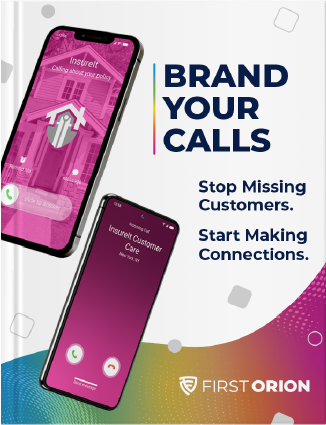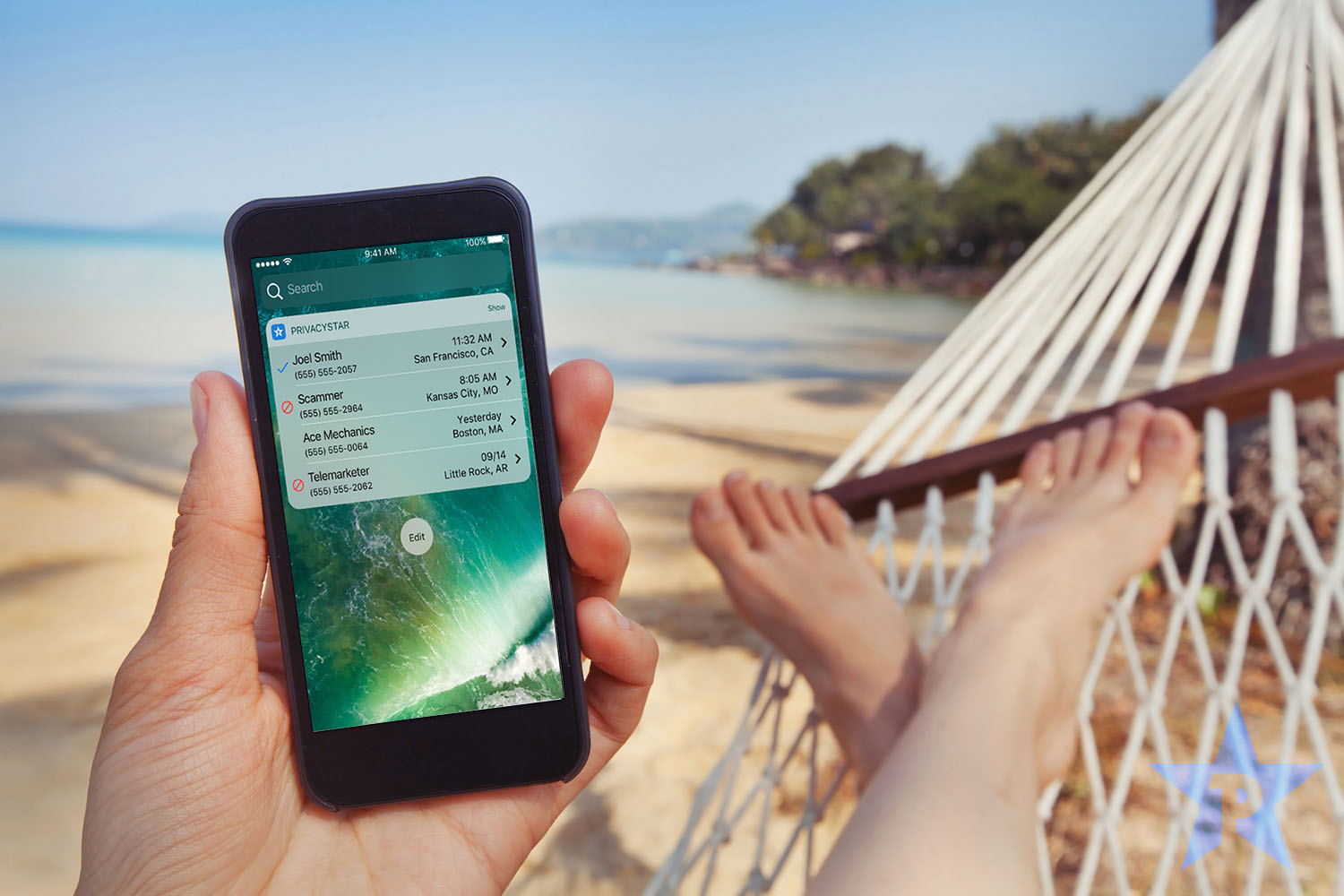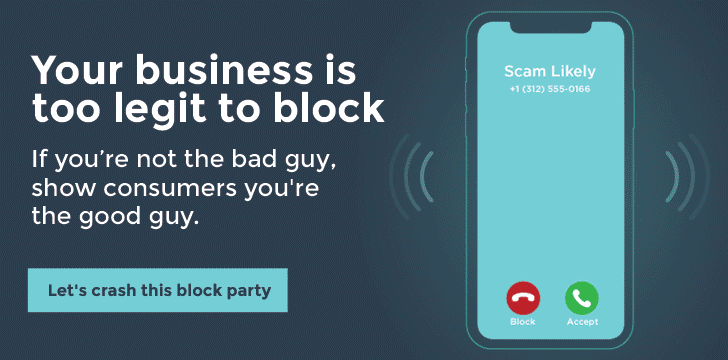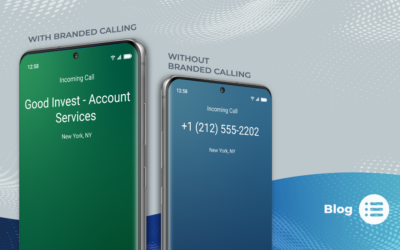Oh, sweet summertime. The sun is out, oversized flamingo floaties are taking over the pools, and the snow cone shacks are open for business. Families and friends all over the U.S. are traveling to enjoy a quick getaway from the busyness of their everyday lives. Unfortunately, scammers will take advantage of the summertime travel with every chance they get.
Here are the top vacation scam trends should you be on the lookout for this summer.
And be sure to check out our updated list of scam call trends, too!
1. “You’ve won a free vacation!”
This scam usually comes via robocall. An automated voice informs you that you’ve won a “free” vacation for just existing. Some people have also reported receiving these calls for being affiliated with big-name hotels such as Hilton, Marriott, or Hyatt. Sounds great right? It would be if the vacation didn’t involve you having to pay an outrageous processing fee and hidden taxes for the nonexistent trip.
2. “We will send you to Vegas for free if you attend this ‘short’ presentation.”
This seems to be a common scam to get people to buy into timeshares. A company calls you saying they will give you a free vacation to Vegas or some other fun place. Once you book your package, they inform you that you have to attend a “short” presentation. Some even add extra requirements such as bringing your spouse. If you don’t follow through to the tee, the company will make you pay for the vacation.
The presentation usually ends up being around 90 minutes full of abrasive sales techniques, but if you get through the program without falling for any of the tactics, you could end up with a free trip. Do we suggest going on it? Probably not. However, the bottom line is that you take a risk when you accept gifts from timeshare presenters, and free is rarely “no strings attached.”
3. “We have amazing discounts on vacations just for you!”
This scam claims you have been specifically selected for an amazingly discounted vacation. Sure, you’ve been “selected” alright – selected for a good scamming. Once you give your information and card number, that’s when you’ll run into problems. Their excuse is usually they can’t find an available date, but they’d be willing to upgrade you for extra money. This upgrade price usually ends up costing more than the actual price if you were to book it yourself. If it’s too good to be true, it probably is.
Here are some wise words from the FTC on how to protect yourself from these summer scams:
- Don’t wire money or pay with a prepaid or gift card for a vacation rental. Once the scammer collects the money, it is almost impossible to get it back.
- Don’t be rushed into a decision. If you receive an email pressuring you to make a decision on the spot for a rental, ignore it and move on.
- Look out for super cheap rates for premium vacation properties. Below-market rent can be a sign of a scam. Do some extra research to confirm the deal is legitimate before jumping in.
- Get a copy of the contract before you send any deposit money. Check that the address of the property really exists. If the property is located in a resort, call the front desk and confirm the location of the property and other details on the contract.
In the end, it’s probably best if you plan your own vacation or go through a dependable travel agent. However, If you believe you’ve come across one of these scams, report it straight to the FTC at https://ftc.gov/complaint. Don’t let those scammers get away with swindling people out of their hard-earned vacation!
For the latest vacation scam trends, check out our newest blog!





